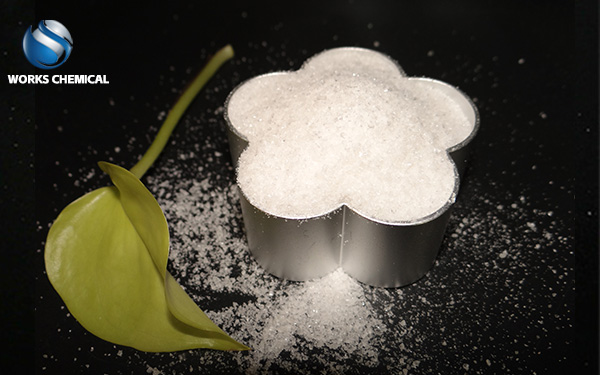
When using organic sludge conditioner to press mud, the occurrence of non-forming is not inevitable, but may be caused by a variety of factors. The following is a detailed analysis of this problem:
The role of organic sludge conditioner

Organic sludge conditioner is a chemical preparation specially used to improve the properties of organic sludge. It usually contains a variety of chemicals, such as organic acids, microorganisms, minerals, etc., which can work together to quickly decompose organic matter and reduce the volume and weight of organic sludge, thus making it easier to handle and dehydrate. In the process of mud pressing, the use of appropriate organic sludge conditioner can reduce the viscosity of the sludge, improve its moisture properties, and help the sludge better shape.
Two, pressing mud is not forming reasons
Although the organic sludge conditioner plays an important role in improving the sludge properties, it is still possible to have a non-forming situation during the mud pressing process. This may be due to the following reasons:
Improper selection of conditioners: Different sources and properties of sludge may require different types of conditioners. If the selected conditioner does not match the properties of the sludge, it may lead to poor mud pressing effect and even non-forming situation.
Insufficient or excessive dosage of the conditioner: insufficient dosage may not be able to fully improve the sludge properties, while excessive dosage may damage the flocculation structure of the sludge, resulting in unformed mud pressing.
Uneven mixing of sludge and conditioner: uneven mixing will lead to poor conditioning effect in some areas of the sludge, thus affecting the overall mud pressing effect.
Dewatering equipment problem: the performance, working state and operation parameter setting of the dewatering equipment may also affect the mud pressing effect.
Complex sludge properties: Some sludge may contain special chemical components or microbial communities, which may affect the effect of the conditioner, resulting in unformed mud.
Three, solution
For the problem that the mud is not formed, the following solutions can be adopted:
Select the right conditioner: Select the right organic sludge conditioner according to the source, nature and treatment requirements of the sludge.
Optimize the dosage of conditioner: Determine the best dosage of conditioner through tests to ensure that the sludge properties can be fully improved without damaging its flocculation structure.
Strengthen the mixing uniformity: the use of appropriate mixing equipment and technology to ensure that the sludge and the conditioner are fully mixed evenly.
Adjust the parameters of the dewatering equipment: Adjust the working parameters of the dewatering equipment, such as pressure and dewatering time, according to the actual situation to improve the dewatering efficiency and mud pressing effect.
Improve sludge properties: improve the properties of sludge by pretreatment and other methods, such as reducing viscosity, reducing hydrophilic groups, etc., to improve its compressibility.
In summary, when using organic sludge conditioner to press mud, there may be non-forming situation, but it is not inevitable. This problem can be effectively solved by selecting suitable conditioner, optimizing dosage, strengthening mixing uniformity, adjusting dewatering equipment parameters and improving sludge properties.